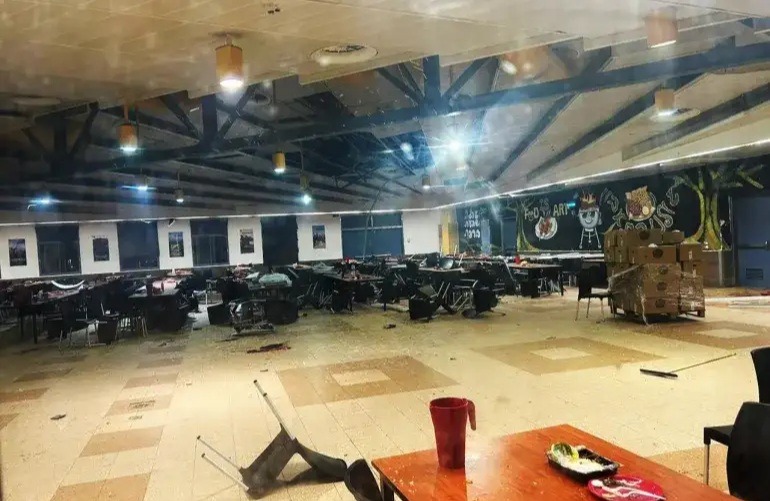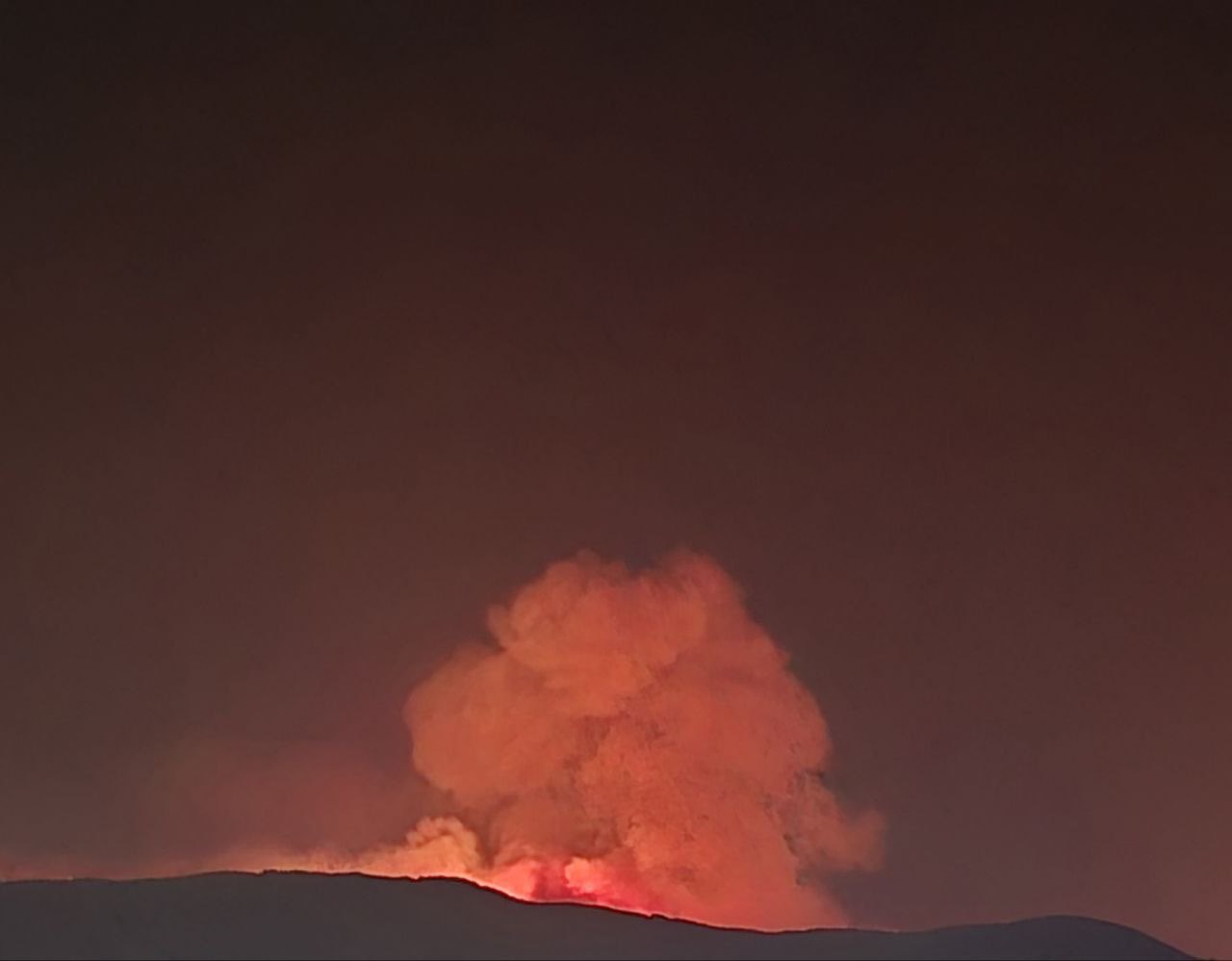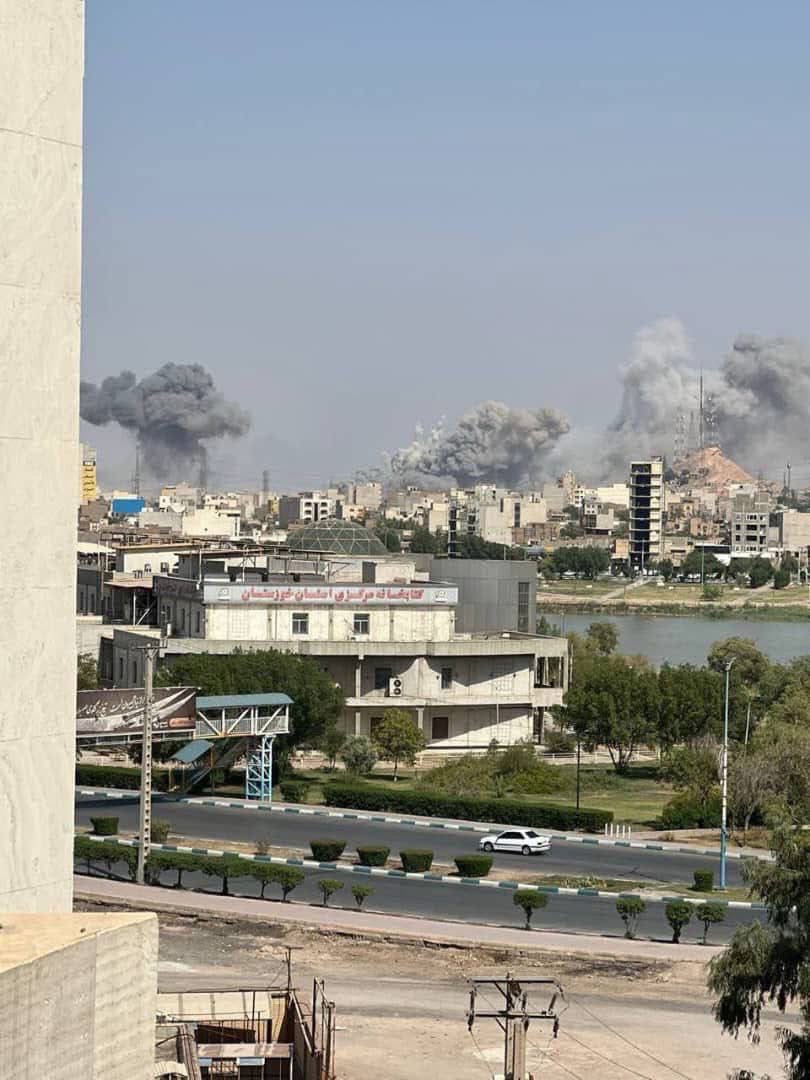
Barran Press
The Golani Brigade, one of the most elite units in the Israeli army, suffered a significant setback on Sunday during what was supposed to be an ordinary dinner at a training base near Binyamina, south of Haifa. The unit, known for its continuous operational history since its inception, has become a cornerstone for Israeli military leadership.
During the meal, a drone strike launched by Hezbollah penetrated Israeli air defenses, striking directly among the soldiers' tables. Tragically, this incident marked the "last supper" for four Israeli soldiers who lost their lives, while 67 others sustained injuries.
Images and videos from the scene quickly spread across social media, with many users labeling the event as one of the most severe losses for Israel since the onset of Operation Al-Aqsa Flood, initiated by Palestinian factions including Hamas on October 7, 2023.
The hashtag #LastSupper began trending, with activists noting that October 13, 2024, was the deadliest day for Israeli soldiers since the conflict reignited, as over 100 troops were reported injured during ground battles and drone strikes against Lebanese resistance and in ambushes in Gaza.
Analysts described the operation as complex and sophisticated, asserting that Hezbollah demonstrated its organizational and military capabilities, which far exceed what Israel had previously anticipated.
Moreover, the incident raised concerns about the effectiveness of Israel's Iron Dome defense system, highlighting its vulnerabilities against Hezbollah's drone attacks and prompting a crisis in Israeli defense strategies.
On the intelligence aspect, some commentators noted that the Golani base was not on the radar of previous Israeli intelligence assessments, suggesting that Hezbollah had tracked the soldiers' movements and planned the strike accordingly.
This incident underscores Hezbollah's ability to breach Israeli air defenses, delivering a harsh blow that some observers deem a significant failure of Israeli defense mechanisms.
Researcher Saeed Ziad commented on the rising prominence of drones in modern warfare, stating that this technology has provided armies with unprecedented aerial superiority and the ability to strike deep into enemy territory at minimal cost.
Ziad further argued that the effective use of drones in the recent conflict could drastically alter the dynamics of future engagements, emphasizing that their impact would far surpass traditional weaponry.





